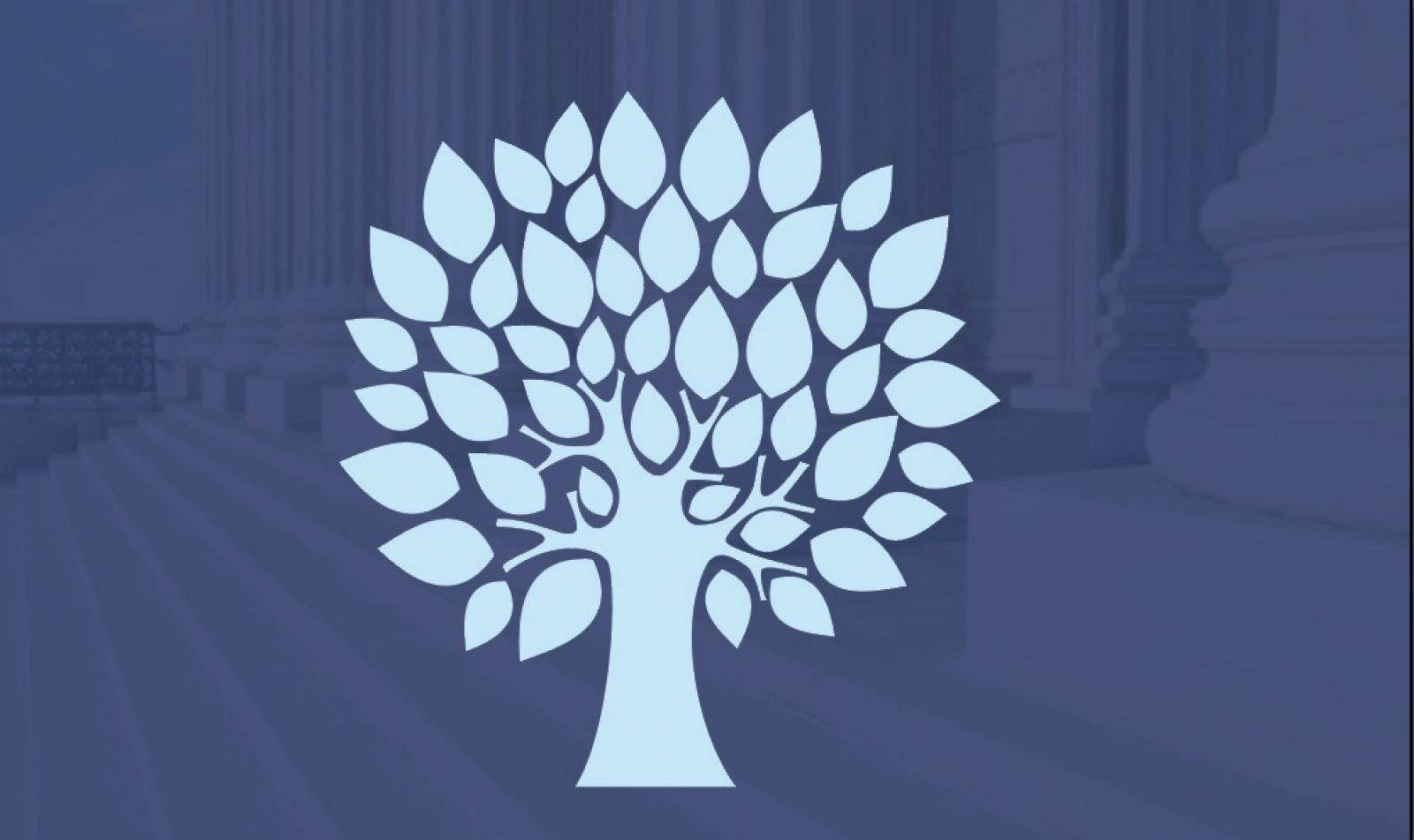BECOME AN ICM FELLOW
The ICM Fellows Application will open in early January 2025. Learn more about the application process and eligibility requirements in the “Admissions” and “Steps to ICM Fellowship” tabs, and Fellows Informational Session recording below. Please note, the dates in the video change yearly. The best place to find the most current information about the ICM Fellows application process is under the “Admissions” tab.
Please don't hesitate to reach out to icmfellows@ncsc.org with any questions!
Can’t make it to a live informational session? Check out the recorded session from early 2023 below. Please note, some of the dates in this informational video may change yearly. The best place to find the most current information on the ICM Fellows application process is under the “Admissions” tab below.
Please note, some of the dates in this informational video may change yearly. The best place to find the most current information on the ICM Fellows application process is under the “Admissions” tab below.
The ICM Fellows Program application for the 55th class will open in January 2025 for applicants who will achieve the Certified Court Executive credential by June 2025.
Admissions materials are reviewed by Fellows staff, with formal invitations extended to the selected candidates. All members of the class will be required to attend an in-person residency in Williamsburg, VA. Questions about the program or the admissions process should be addressed to ICM Fellows.
Becoming an ICM Fellow is a process of continual professional development that includes four phases. Participants can expect to complete the Fellows coursework within approximately one year, May through June, with commencement typically scheduled for August of the graduating year.
The ideal Fellows candidates are court professionals who have received the Certified Court Executive designation from ICM and wish to deepen their understanding of court governance and leadership. They want to understand the connection between leadership and data-driven decision-making and are willing to cement this understanding through a novel applied research project. They have a question they want to answer, an assumption they want to test, and a problem they want to understand better. They want to create a judicial system that works for everyone.
Phase 1:
The first step to acquiring the ICM Fellows diploma is completing the Certified Court Executive designation before the June residency.
Phase 2:
The second Fellows program phase is The Coursework phase from May through September. The Coursework phase consists of virtual classes, readings, small group work, and a 1-week residency during which participants will gather at the NCSC headquarters in Virginia. The residency will include activities, experiences, and opportunities that will help participants learn more about the NCSC; enhance their research, speaking, writing, and leadership skills; develop their paper project topic; and strengthen bonds with their cohort. ICM may offer some travel assistance for the residency.
Phase 3:
The third Fellows program phase is the Court Project phase. This phase requires participants to complete an independent research-based court improvement project with the assistance of a project advisor. This includes data collection, analysis, and synthesis resulting in a written report submitted to the ICM Fellows Dean for approval. Candidates are assigned a project advisor to serve as a resource and guide for the court project. Approved reports are equivalent in quality to a master's degree thesis and must include an abstract, introduction, literature review, methods, findings, conclusions and recommendations, appendices, and references. Completed reports add to the growing court administration literature and are archived in the NCSC Library and eCollection.
Phase 4:
The final step to becoming an ICM Fellow is the Presentation phase. Participants must present their project virtually to a panel of court administration experts, answer questions about their project, and receive feedback from the panel. Participants have one month to prepare for their presentation through virtual classes and practice sessions.
TuitionCoursework Phase: $1,500 Court Project Phase: $1,500 Presentation Phase: $1,000 Total: $4,000 |
Scholarship Opportunities
ICM Fellows candidates may be eligible for scholarship assistance from one of the following sources. Please note some scholarships are competitive, and membership may be required by sponsoring organizations. To inquire about a scholarship opportunity, please contact ICM Fellows.
- State Justice Institute Education Support Program (ESP)
- Joan K. Cochet Memorial Scholarship
- NACM-ICM Scholarship
- Edward C. Gallas Award
- MAACM Scholarship
Additionally, ICM may offer travel assistance for the residency in Williamsburg.
